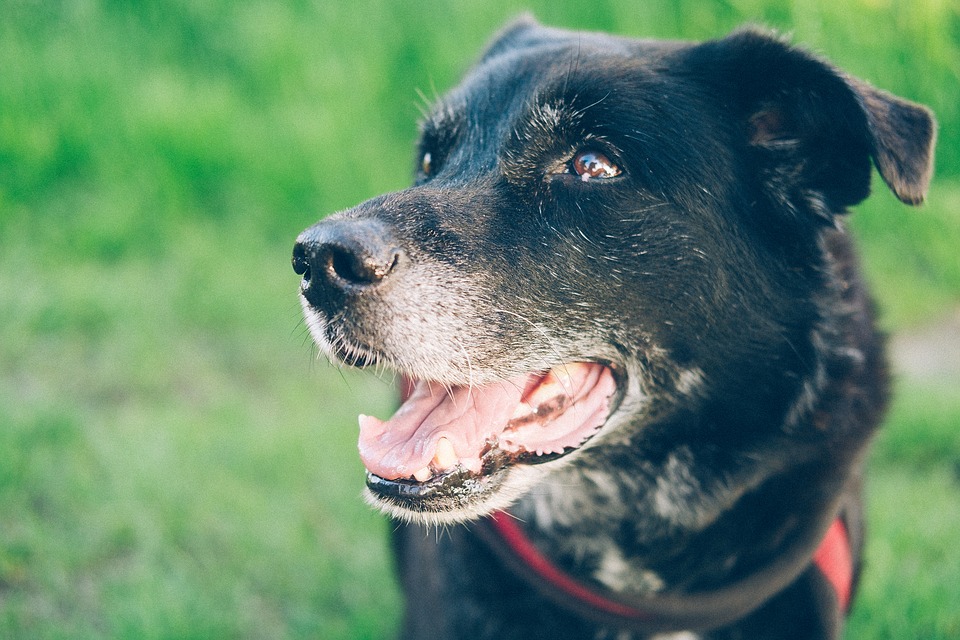Who: Senior pets are cats and dogs over 7 years old.
What: A senior wellness check is a comprehensive examination. These examinations will check for physical signs of diseases more likely to affect senior animals.
- History – Detailed history can help your veterinarian detect underlying diseases. Your veterinarian needs to know your pet’s current eating, drinking, and elimination habits, as well as behavioral or medical changes.
- Blood work – Annual blood work will assess kidney and liver function, blood count, and thyroid levels. Pets on certain medications may need blood work more frequently.
- Dental Health – Practicing good dental health is one of the most important preventative measures for your senior pet. If left untreated, dental disease can lead to other health complications.
- Eyes & Ears – Vision and hearing loss are often age-related changes, but your veterinarian can confirm that there are no underlying causes of the changes.
- Heart & Lungs – Auscultation of the heart and lungs for any changes. i.e., heart murmur
- Lumps & Bumps – Masses are measured and monitored for changes. Your veterinarian may sample a mass to determine whether or not to remove it.
- Mobility – Assessment of range of motion in your pet’s hips and joints aids early detection of arthritis, which is treatable with medications and supplements.
- Nutrition – Senior diets aid with digestion, weight management, and other age-related changes, as well as providing anti-aging benefits.
- Weight – Weight gain in senior dogs leads to increased risks of health problems, whereas weight loss is of most concern in senior cats.
When: You should schedule a veterinary exam for your senior pet every 6 months.
Why: Animals age faster than humans. Therefore, as our senior pets age, they require increased attention and care. Semi-annual examinations help aid early detection and treatment of senior-related illness.




